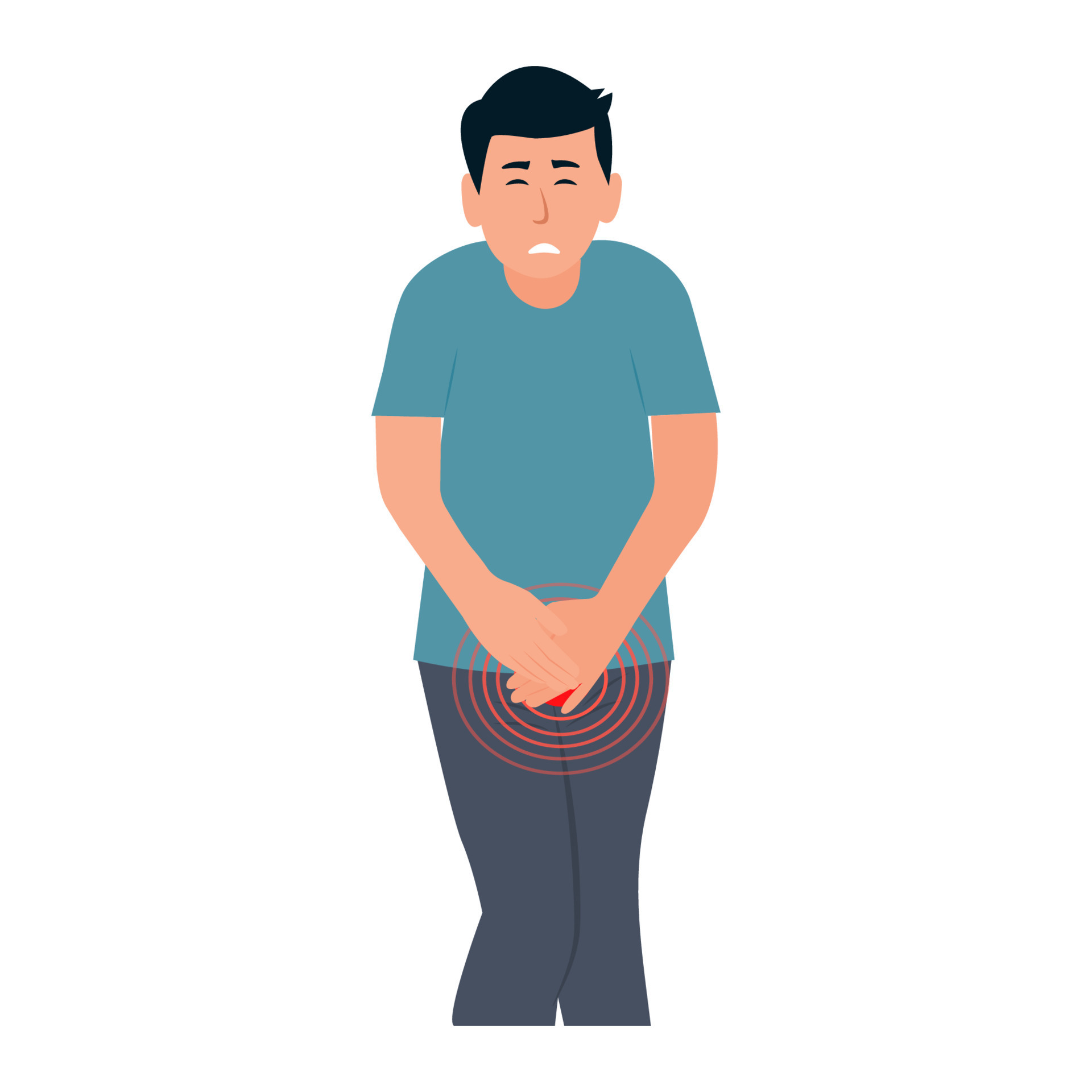Experiencing lower abdominal pain when you cough? You’re not alone. This common ailment can range from a simple muscle strain to something more complex. This comprehensive guide explores the potential causes, offers self-care strategies, and advises when it’s crucial to seek professional medical care.
Decoding the Discomfort: Causes of Lower Abdominal Pain When Coughing
A cough, while often a protective reflex, can exert significant pressure on your abdominal muscles. This pressure can sometimes reveal underlying issues or even create new ones. Let’s explore some of the most common culprits behind cough-induced lower abdominal pain:
Muscle Strain: The Usual Suspect
Perhaps the most frequent cause is a simple muscle strain. Forceful or persistent coughing can overwork your abdominal muscles, leading to pain that’s often sharp and localized. This pain might intensify when you cough, sneeze, move, bend over, or lift objects, yet it’s likely absent during rest or sleep. You may also experience a stabbing or stretching sensation. While uncomfortable, muscle strain is generally benign and often resolves with simple self-care.
Hernias: A Bulge Under Pressure
A hernia occurs when an organ or tissue pushes through a weak spot in the surrounding muscle wall. Coughing increases abdominal pressure, which can exacerbate an existing hernia or even contribute to the formation of a new one. Several types of hernias can occur in the lower abdomen and groin area, including inguinal (most common), femoral, and pelvic hernias. Symptoms include localized pain, often sharp or burning, and possibly a visible bulge.
Female Pelvic Concerns: A Gender-Specific Perspective
For women, lower abdominal pain with coughing can be linked to gynecological conditions. Endometriosis, ovarian cysts, and pelvic inflammatory disease (PID) are among the possibilities. Coughing can worsen existing discomfort from these conditions. Symptoms vary depending on the specific condition but may include pain during menstruation, intercourse, or bowel movements.
Gut Issues: IBS, IBD, and More
While less directly connected to coughing, gastrointestinal issues like appendicitis, diverticulitis, inflammatory bowel disease (IBD), and irritable bowel syndrome (IBS) can cause lower abdominal pain. Coughing may intensify existing discomfort. Symptoms range from cramping and bloating to changes in bowel habits and fever, varying based on the specific condition.
Urinary Tract Infections (UTIs): Adding Insult to Injury
UTIs, while not a primary cause of cough-related pain, can cause discomfort in the lower abdomen where the bladder is located. Coughing can exacerbate this pain. Typical UTI symptoms include a burning sensation during urination, a frequent urge to urinate, and pelvic pressure.
Finding Relief: Self-Care Strategies and Medical Interventions
Depending on the cause of your pain, several self-care strategies and medical interventions can provide relief:
| Problem | Possible Solutions |
|---|---|
| Muscle Strain | Rest, ice packs, over-the-counter pain relievers like ibuprofen or acetaminophen. Gentle stretching may also be helpful. |
| Hernia | Consult a doctor. Surgery may be necessary. |
| Female Pelvic Issues | Consult a doctor for diagnosis and tailored treatment options. |
| Gut Issues | Dietary changes, over-the-counter medications, or prescription medications (depending on the condition). Consult with a doctor. |
| UTI | See a doctor for antibiotics. |
This table offers general suggestions, not medical advice. Always consult a healthcare professional for personalized guidance. If you are experiencing neck ache in pregnancy, it’s particularly important to discuss any abdominal pain with your healthcare provider.
Recognizing Red Flags: When to Seek Medical Attention
While many causes of cough-related abdominal pain are minor, some warrant immediate medical attention. Seek professional medical advice if:
- Pain is severe or persistent: Intense or prolonged pain requires evaluation.
- Pain worsens with coughing or movement: This suggests a potentially more serious issue.
- Other symptoms are present: Fever, nausea, vomiting, difficulty urinating, blood in urine or stool, or dizziness warrant prompt medical attention.
- History of abdominal surgery or hernias: This increases the risk of certain complications.
- Pregnancy: Pregnant women experiencing abdominal pain, especially when coughing, should always consult their doctor.
Navigating the Unknown: Current Research and Limitations
Research on the link between coughing and abdominal pain is ongoing. Scientists continue to explore the complex interplay of muscles, nerves, and underlying conditions. Some studies suggest a connection between certain cough types and chronic pelvic pain, while others investigate the diaphragm’s role in abdominal pain.
Medical understanding is constantly evolving. What might seem minor today could be linked to something more significant as research progresses. Staying informed and seeking professional guidance is vital for your health and well-being.
Expert Insights
Dr. Spoorthi Prakash notes, “Lower abdominal pain can be due to constipation, urinary tract infections, pelvic infections in females. Drinking plenty of water, having a high fiber diet will help to reduce constipation, moving bowels daily can reduce pain. In cases of such pain, if not relieved by simple measures, a doctor to be consulted for evaluation, urine test and a scan will be done to check for causes of pain and treated accordingly. Women can have pain during the periods too, which is common and can be treated with simple analgesics. If pain is there for long time consult a doctor immediately.”
In Conclusion: Taking Control of Your Health
Understanding the potential causes of your lower abdominal pain when coughing empowers you to take the right steps. While some discomfort may resolve with home remedies, persistent or severe pain requires professional medical evaluation. By listening to your body, seeking timely medical advice, and staying informed about current research, you can actively participate in managing your health. Remember, this information is not a substitute for professional medical advice. Consult a healthcare provider for personalized guidance and treatment.
- Divided Meal Storage Containers Make Meal Prep Efficient and Simple - February 14, 2026
- Separated Lunch Containers Keep Different Foods Fresh and Organized - February 13, 2026
- Divided Containers Simplify Meal Prep for Busy Individuals - February 12, 2026










